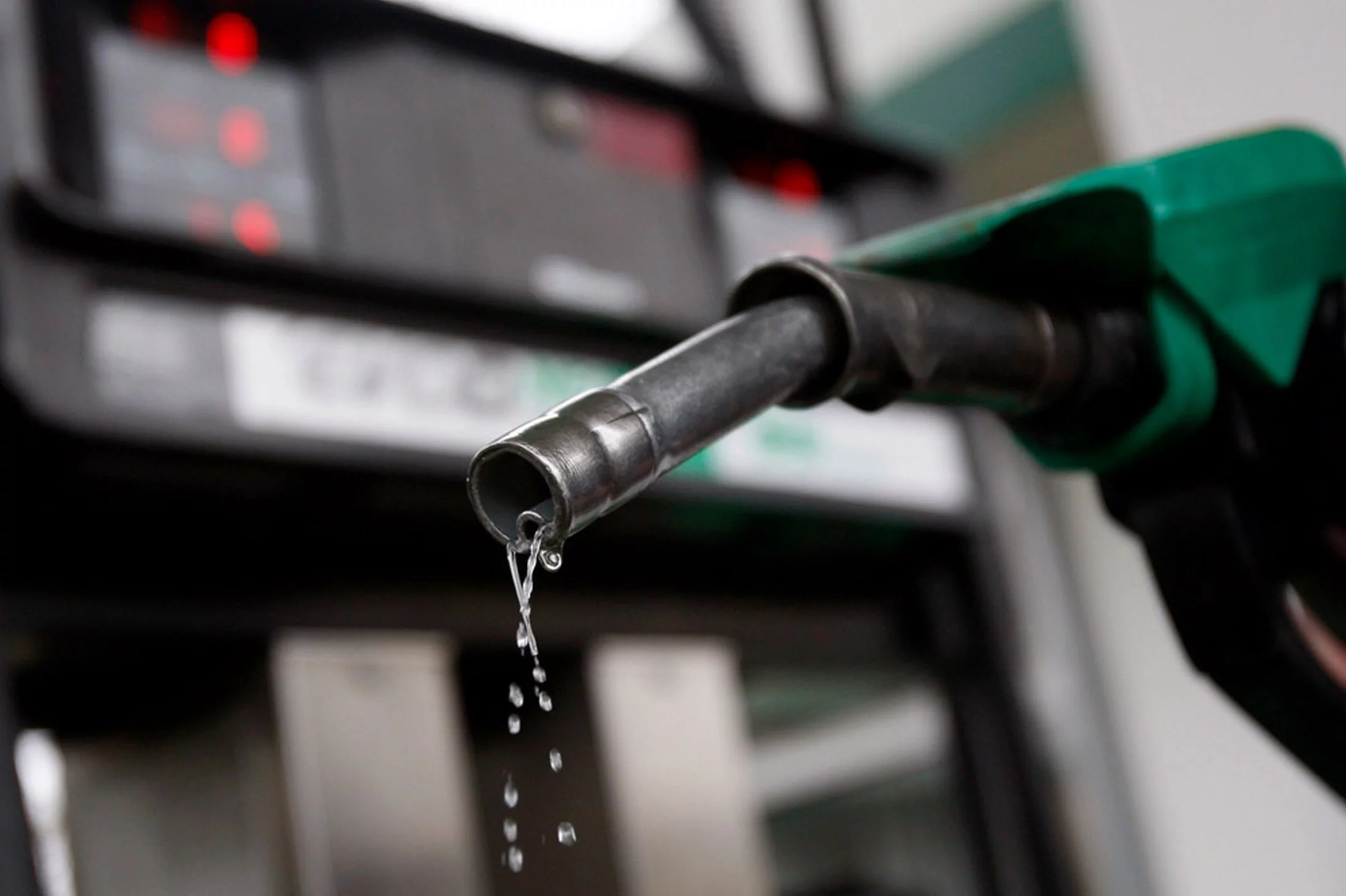The Independent Petroleum Marketers Association of Nigeria (IPMAN) has announced that the price of Premium Motor Spirit (PMS), commonly known as petrol, may soon drop to N800 per litre in Nigeria.
IPMAN spokesperson, Chinedu Ukadike, revealed this during an interview with DAILY POST, suggesting that the ongoing partnership between petroleum marketers and Dangote Refinery could drive prices down from the current average of N875-N910 per litre in Lagos and Abuja.
"Now that petrol is nosediving to N800 per litre, the volume of consumption will go high because motorists who demand it will increase," Ukadike stated, emphasizing that pricing is a key determinant of petroleum consumption patterns.
Call for Equal Pricing
The IPMAN spokesperson urged Dangote Refinery to implement uniform pricing for all petroleum marketers, matching the rates offered to the Nigerian National Petroleum Company Limited (NNPCL), MRS filling stations, and other major players.
"Whatever yardstick Dangote Refinery is using to sell to NNPCL, MRS, and others, he should also use the same for all marketers," Ukadike said, advocating for broader competition in the market.
He further explained that price modulation is now determined by market forces rather than government regulation. "Price modulation is no longer done by the government but by demand and supply," he noted.
Recent Price Reductions
Ukadike's comments come in the wake of recent price reductions by Dangote Refinery and its retail partners, who have already lowered fuel prices to N875 and N895 per litre in Lagos and Abuja respectively.
This development represents a potential relief for Nigerian consumers who have faced significant increases in transportation costs and living expenses following the removal of fuel subsidies.
If the projected price drop materializes, it could have far-reaching implications for Nigeria's economy, potentially easing inflationary pressures and reducing operational costs across various sectors.
Market analysts are closely monitoring these developments, as sustained lower fuel prices could significantly impact Nigeria's economic recovery efforts in the coming months.













